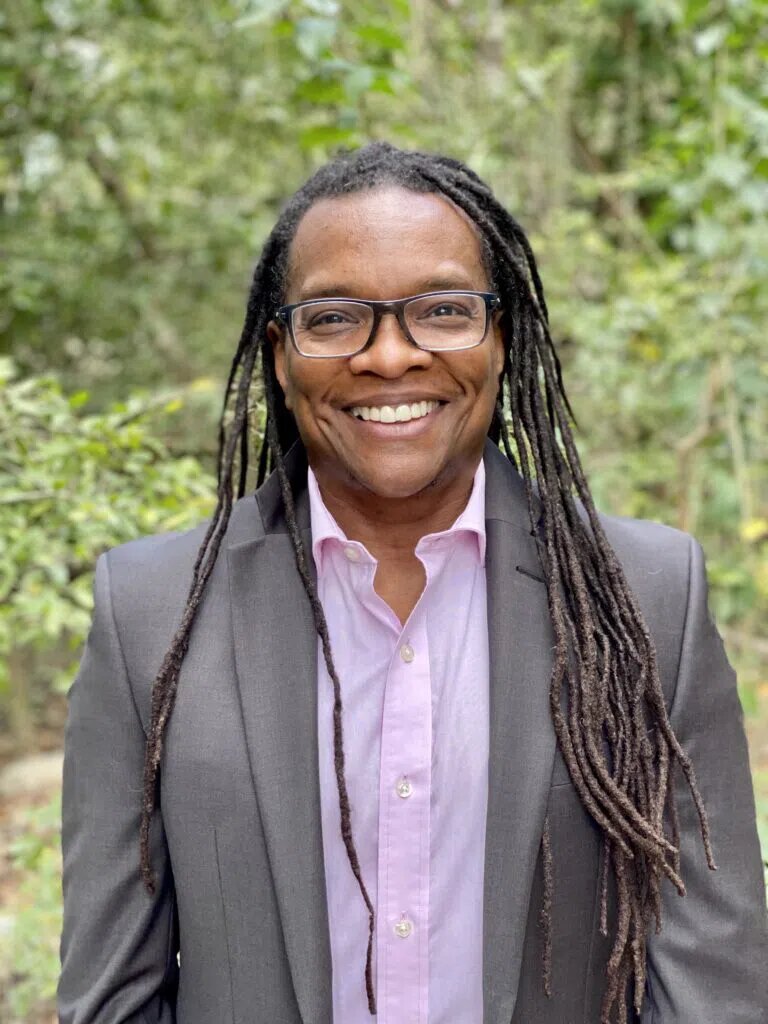Recently the Crane Center opened a hormone clinic in Texas offering gender-affirmation hormone therapy by Physician Assistant and community member S. Parker, PA-C (he/him) under the direction of Dr. Linda Esquivel (she/her). We had a chance to catch up with S. Parker and ask him about this new endeavor.
S. Parker Talks About The Crane Center Hormone Clinic
Can you tell us how the Crane Center Hormone Clinic came to be?
S. Parker: I had been a stay-at-home dad for close to a year during the pandemic, I decided it was time to go back to work. The majority of my career had been pediatrics so that is where I was searching. I saw this position on Indeed and it just seemed like the right time to make a career focus switch. The opportunity to serve within my community made sense.
Why was it important to you to lead this clinic?
S. Parker: Like they say, “representation matters.” I believe being treated by a provider who is part of the trans community with a similar lived experience is a bonus. My provider is wonderful, and I appreciate what they do for me and the community very much. I just know for me, the experience would be sweeter if she were trans.
For someone who is just starting their transition, what do you feel they need to know about the hormone aspect that they might not know?
S. Parker: Most patients come in having done a great deal of research, but we always go over irreversible changes and increased risks for medical conditions.
What do you feel makes this clinic different from other hormone clinics?
S. Parker: Having a trans provider would be number one. Aside from that, our clinic is centered around trans people so there is acceptance written on everyone’s faces here. It is a very welcoming place.
While a lot of patients are used to in person appointments for their hormones, your clinic offers a telemedicine option. What can patients expect from a telemedicine hormone clinic appointment?
S. Parker: I find them very enjoyable! Our first appointment is by Zoom, it’s important that we see each other and especially for me to get a sense of the person. In that initial appointment we will discuss how the person came to identify as transgender. We use an informed consent model to eliminate the need for a therapist letter to begin treatment. This is another reason why a Zoom appointment is used. I want to see the person’s face and body language as they respond to questions. I essentially diagnose gender dysphoria during that initial Zoom visit. We also discuss what to expect from me and the clinic going forward. I look at it as an introduction, not just an appointment.
Is there anything else you want prospective patients to know?
S. Parker: I can relate to the anxiety and fear that can go into this decision. I’m here to help alleviate some of that, not add to it. I strive to make this a very friendly and collaborative approach to hormone replacement therapy.
—————————————————-
Crane Center’s hormone clinic appointments can be booked by calling 512-446-9486 or filling out the form at this link. Crane Center operates under an informed consent model and works with all major insurances. We offer both in-office and telemedicine appointments to patients across the state of Texas.
